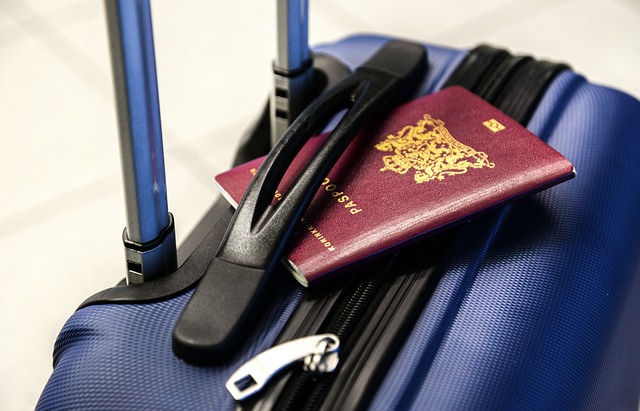The arbitrariness of some immigration decisions was highlighted by a case reported in The Guardian this week. We are told of the importance of accurate records of time spent in a jurisdiction when seeking to establish residency for naturalisation or citizenship purposes however Perhaps this case proves that no matter how fastidious you may be in keeping records, the immigration authorities may still prove troublesome when it comes to determining your rights to remain in a jurisdiction if there have been long absences during the relevant time period.
Jennifer Wexler, a US citizen who is married to a British man, was reported this week and highlights the perverse situation that may occur when the spouse of a British citizen is required to travel or leave a jurisdiction for extended periods even if she or he has justification for doing so. In this instance, Ms Wexler had been continuously resident in the UK for 11 years during which time she had either been studying at all was in the employment of various universities and museums in the United Kingdom. As part of her studies and her job she was required to travel overseas for a very long stretches of time to conduct research on behalf of these institutions. Because of his absences, her application for indefinite leave to remain in the UK was refused.
Ms Wexler claims that the number of days which she spent out of the country was the reason given by the Home Office as the grounds for refusing to grant her application. She can however explain her absences as being explicitly related to the research and work she was in ploy to carry out which work was either affiliated with or sanctioned by UK institutions. She further went on to state that the necessary paperwork provided to the Home Office and during her stints abroad, her registered home address continued to be in the UK where she paid rent, bills and council tax.
The Home Office also considered Wexler’s human rights and right to private and family life. Accepting that her marriage was genuine, it nevertheless said it would not be a “hardship” for the couple if Wexler were to go back to the US for at least two months to apply for a spousal visa. Alternatively, said the Home Office’s letter of refusal, her British husband – another highly trained archeologist whose passport was taken away for three months by the Home Office during his wife’s application – could leave the UK and move to the “United states of American” with his wife. Understandably, neither party wishes to do so.




